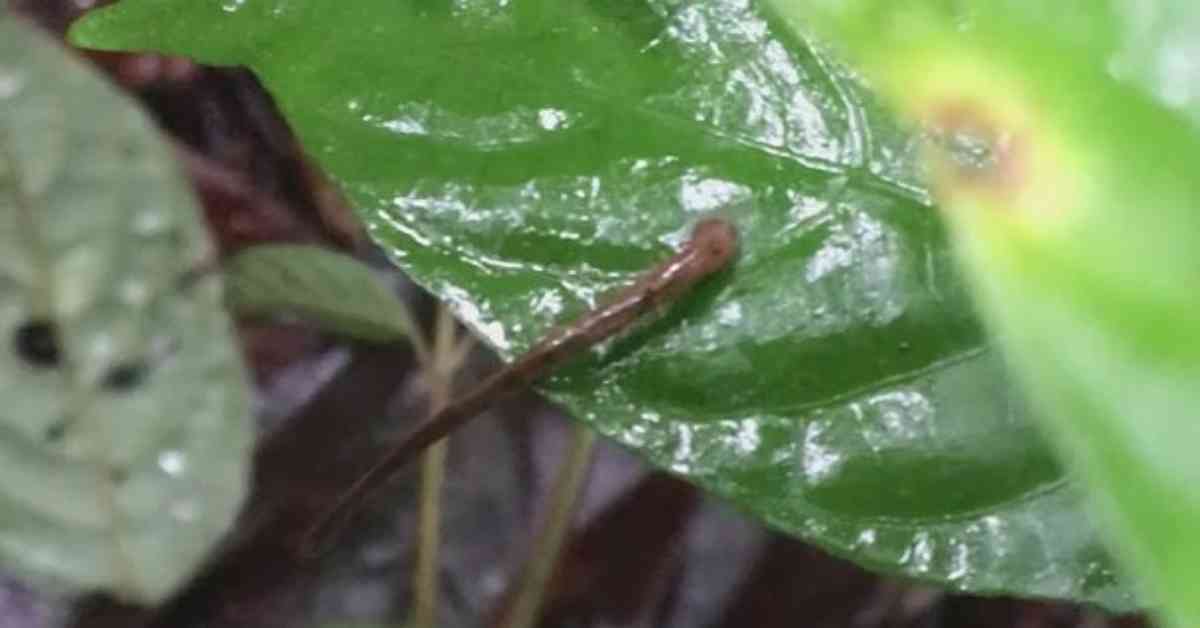The Summer Reading Contest has been running for 15 years, inviting teenagers to share their thoughts on New York Times articles. This year, students can submit written comments or video responses. In the seventh week of the contest, there were 1,082 entries, and the winner was Michelle Zhibing Zhou, a 15-year-old from Hong Kong.
Michelle wrote about a Science article discussing leeches and how they can jump in pursuit of blood. She expressed her initial fear and disgust towards leeches but was intrigued by the new insights the article provided. The research showed that leeches exhibit surprising athleticism when motivated by their craving for blood, similar to how humans act when craving something like chocolate. The groundbreaking footage in the video ended the debate on whether leeches could leap, leaving Michelle with a newfound fascination for these creatures.
Learning more about leeches and their behaviors helped Michelle overcome her fear and see them in a different light. She now finds them captivating and amusing, rather than just repulsive parasites. While she enjoys watching them from afar, she’s not keen on encountering them in a tropical forest where they might see her as a tasty snack.
The contest also had several runners-up, including Nazira Musabaeva who wrote about a restaurant review article. The variety of topics that caught the students’ eyes ranged from a nine-year-old chess prodigy to preserving memories of the Holocaust. The contest continues until August 16, giving students the opportunity to participate and share their thoughts on different New York Times pieces.
The Summer Reading Contest serves as a platform for young readers to engage with current events and explore various topics through the lens of The New York Times articles. It encourages critical thinking, curiosity, and creativity among teenagers worldwide. By sharing their perspectives and insights, participants like Michelle and the other finalists contribute to a diverse and vibrant discussion on important issues and discoveries.


